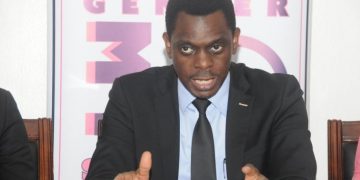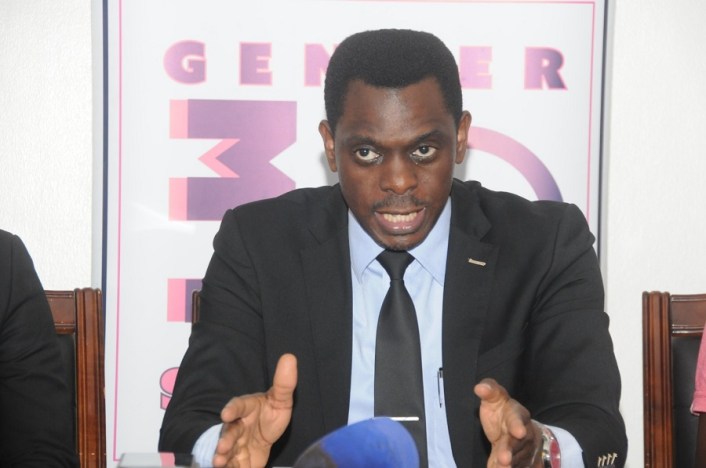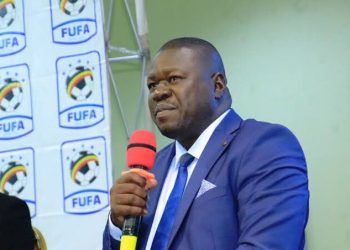Robert Jjagwe, President of the Uganda Table Tennis Association has raised critical concerns regarding the implementation of sports development programs at the district level and within Uganda’s primary schools.
In a detailed statement, Jjagwe revealed that each district in Uganda has been receiving an annual allocation of 60 million Ugandan shillings specifically for sports development.
However, a recent survey by the National Council of Sports (NCS) showed that most districts actively participate in only about four sports disciplines, leaving many other sports neglected or completely unknown.
“It is the work of the District Sports Officers (DSOs) to ensure that different sports are introduced in their districts, especially since they have a budget of 60 million shillings per year,” Jjagwe stated.
He emphasized that this responsibility does not fall under the mandate of national sports federations, making a collaborative meeting between DSOs and federations a priority to clarify roles and responsibilities.
Jjagwe further criticized the Uganda Primary Schools Sports Association (UPSSA) for limiting its recently concluded national games in Kabale to only athletics.
“Nearly all DSOs in Uganda travelled to attend the games in Kabale. Why and how is this happening? Why are they not promoting any other sport?” he questioned.
He argued that the lack of diverse sports at the primary school level hampers the development of a broader talent base.
“After this, we are going to be told that athletics is everywhere and other games are not. But if such things are happening unchecked, then how can anyone blame other federations for being largely non-existent in many districts of Uganda?” he asked.
Jjagwe urged for an urgent review and streamlining of Uganda’s sports development strategy.
He pointed out that primary schools, under the UPSSA, should serve as the foundation for talent identification and nurturing across all sports.
“This makes UPSSA and the DSOs very important in the fulfillment of both the new Sports Act and Statutory Instrument,” he said.
He called for greater integration of DSOs and UPSSA into the broader sports development framework, highlighting that DSOs have a stronger local presence and receive monthly salaries to promote sports, advantages that national federation leaders do not enjoy.
“What the DSOs lack now is better financing and a closer working relationship with the sports federations. NCS and the Sports Ministry will do well to bridge these gaps,” he concluded.





























